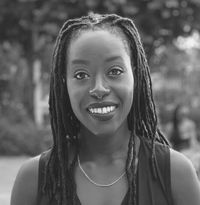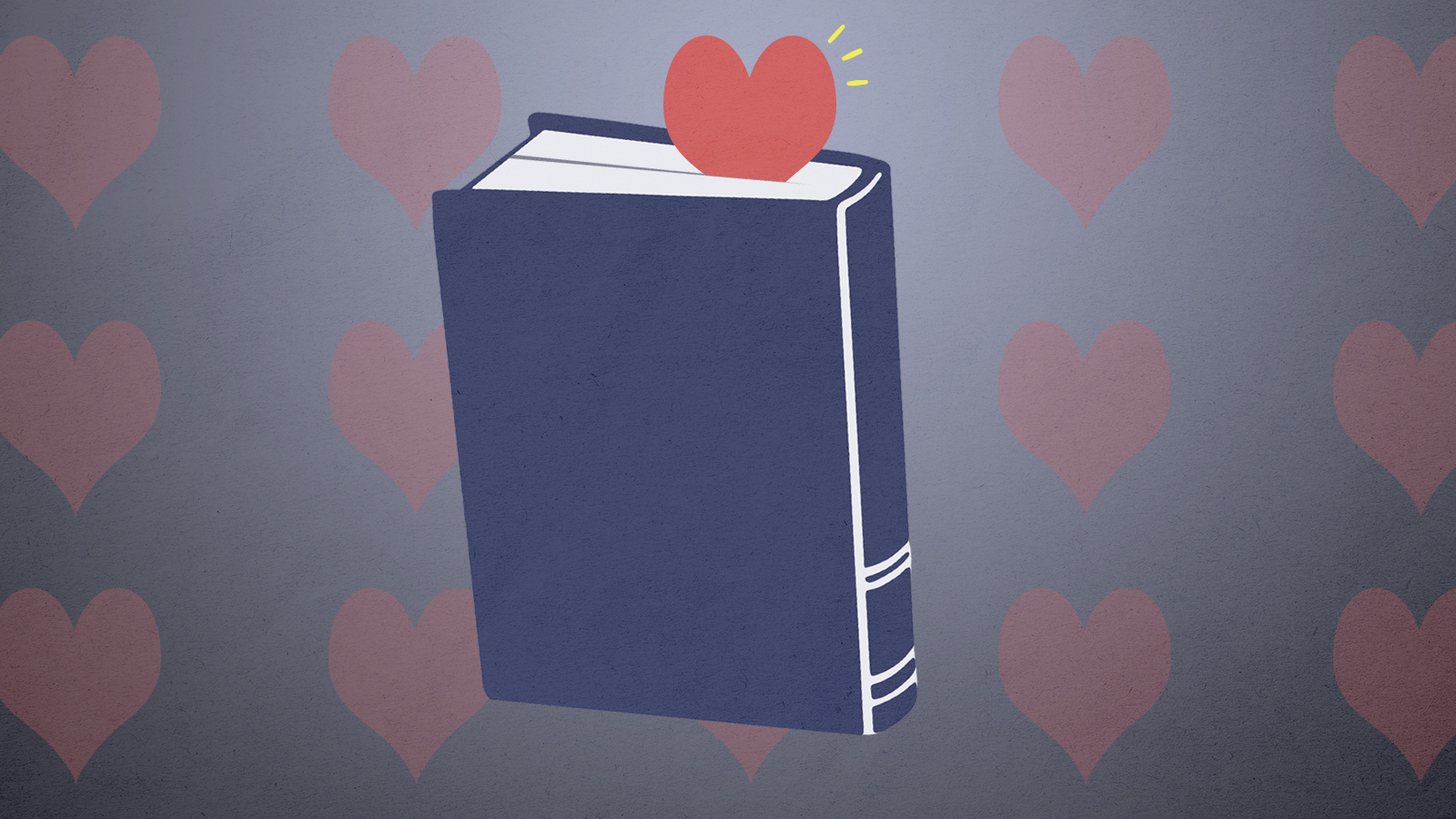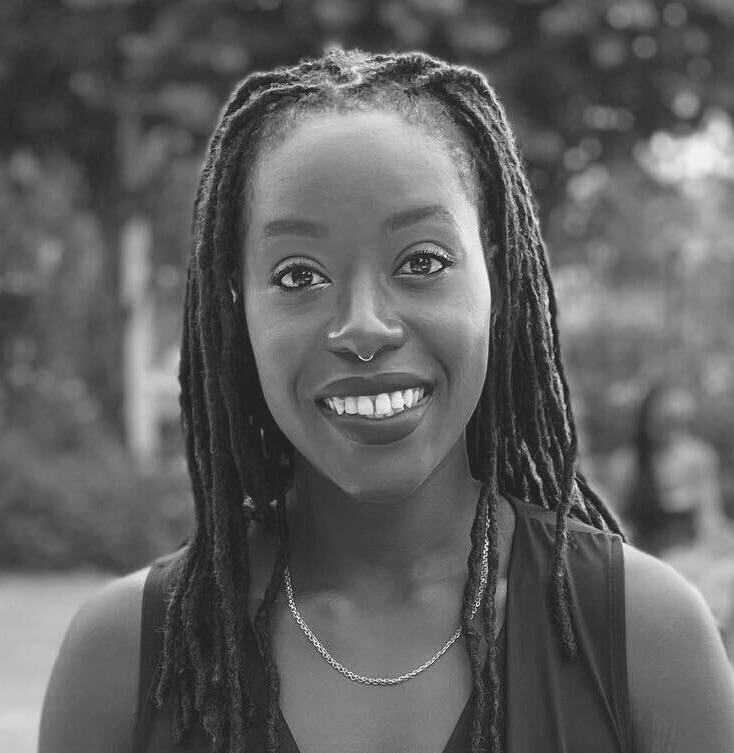How I 'learned' to read as an adult
I secretly hated reading. Then I learned to love it.


A free daily email with the biggest news stories of the day – and the best features from TheWeek.com
You are now subscribed
Your newsletter sign-up was successful
I didn't learn how to read until a few months ago.
I don't mean "learn" in the strict sense of sounding out words, understanding syntax, and comprehending meaning. I'm a journalist, so I spend most of my days reading articles to stay informed or to support fellow writers.
My issue was "learning how to read" more than 1,400 words without the threat of a failing grade (or fear of filing a badly supported article to my editor) pressuring me to find every symbolic reference for "rebirth" or profusely annotate the diction. Unless I had an assignment to finish, I just couldn't find a reason to read books. And when I tried, I quickly lost steam after rushing to meet an imaginary deadline.
The Week
Escape your echo chamber. Get the facts behind the news, plus analysis from multiple perspectives.

Sign up for The Week's Free Newsletters
From our morning news briefing to a weekly Good News Newsletter, get the best of The Week delivered directly to your inbox.
From our morning news briefing to a weekly Good News Newsletter, get the best of The Week delivered directly to your inbox.
I simply could not read for fun.
It wasn't until I changed my mindset about reading that I realized all those "I read one book a month" folks weren't just fronting for attention.
I wasn't always "anti-books.'' I was a voracious reader as a child, plowing through 10th-grade level books in elementary school. But the intensity of my advanced high school literary curriculum was followed by pages of dense college material and 15-page papers, burning any positive relationship I had with reading.
It feels like a cardinal sin, especially in the journalism industry, to say you're not into books. I once admitted as much to an editor at The New York Times and was condescendingly rebuffed, as if I could never write if I didn't devour novels on the subway.
A free daily email with the biggest news stories of the day – and the best features from TheWeek.com
For years, I avoided the topic of reading. And when asked about it, I lied. "Oh yes, I love books," I'd say — and then name something I read two chapters of years prior. The lies have landed me in some obnoxious book club Slack channels and left me lost in conversations about authors I should care about but have never read.
Eventually, I stopped pretending, but I would soften the landing by saying "I don't have time to read" whenever it came up. Which is true. In my view, an opportunity to read was also the perfect time to finish a show, run an errand or take a nap, and when presented with those options, I never chose reading.
After years of trying and failing to read more, I knew I was taking my ability to understand difficult prose for granted. And I wanted to experience the joy of getting lost in a narrative that I heard about from others.
I needed to figure it out.
So I was intrigued when, a few months ago, a friend approached me about a total-body fitness challenge called "75 Medium." In addition to a few other commitments including exercise, the program challenges you to devote 10 minutes a day to reading or "personal development" for 75 days.
I'm not into "self-help" podcasts so I immediately decided against "personal development," but I had been stuck on page 25 of The Invisible Life of Addie LaRue by V.E. Schwab since 2020.
The book has the modern fiction style and language that I assumed the reader-version of myself would like. But not even the case of a French woman in New York City doomed by an evil god to be forgotten for an eternity had been enough for me to read it from cover to cover.
Nevertheless, I gave it another shot.
The first day I sat down in my reading nook (a part of my office I decorated just for show), I took note of my start time assuming it would be the only way to ensure I completed a full 10 minutes. And I read much slower than my usual race-to-the-finish mindset allows so I could fill time. I got through fewer than 5 pages, taking in every word, re-reading lines that struck me so they could hit harder the second time, reminiscing about New York and imagining France in the 1700s — and when I looked at my phone, I saw 20 minutes had passed.
It used to be that, whenever I did manage to make a dent in a book, I went into it like I "had a term paper due," as a friend once put it. I'd calculate how many pages I needed to read each session in order to finish as soon as possible.
This time, I'd only read a couple of pages, but I didn't feel anxious about being nowhere near the end. I had 75 days to finish, so why rush? And not only did I take my time, but I also enjoyed the ride.
Days turned into weeks and my 10-minute reading sessions soon became 30 minutes to an hour-long. It turns out that reading is easier when you're not approaching it as though you have to write a paper about it in two weeks.
And while 10 minutes isn't actually enough time for a nap, a show, or to run an errand, I've found it is the perfect amount of time to slow down and get lost in a good book.
Nicole Phillip is a New York University alumna and multimedia journalist who currently works in the social media space. Her writing spreads across beats with a particular focus on matters of race and intersectional feminism. You can find her work in The Week, The New York Times, The 1619 Project digital publication, The Daily Beast, ABC News, and NBC Universal Local. She considers herself to be a skilled shapeshifter between journalistic mediums, but often finds herself drawn to writing.
